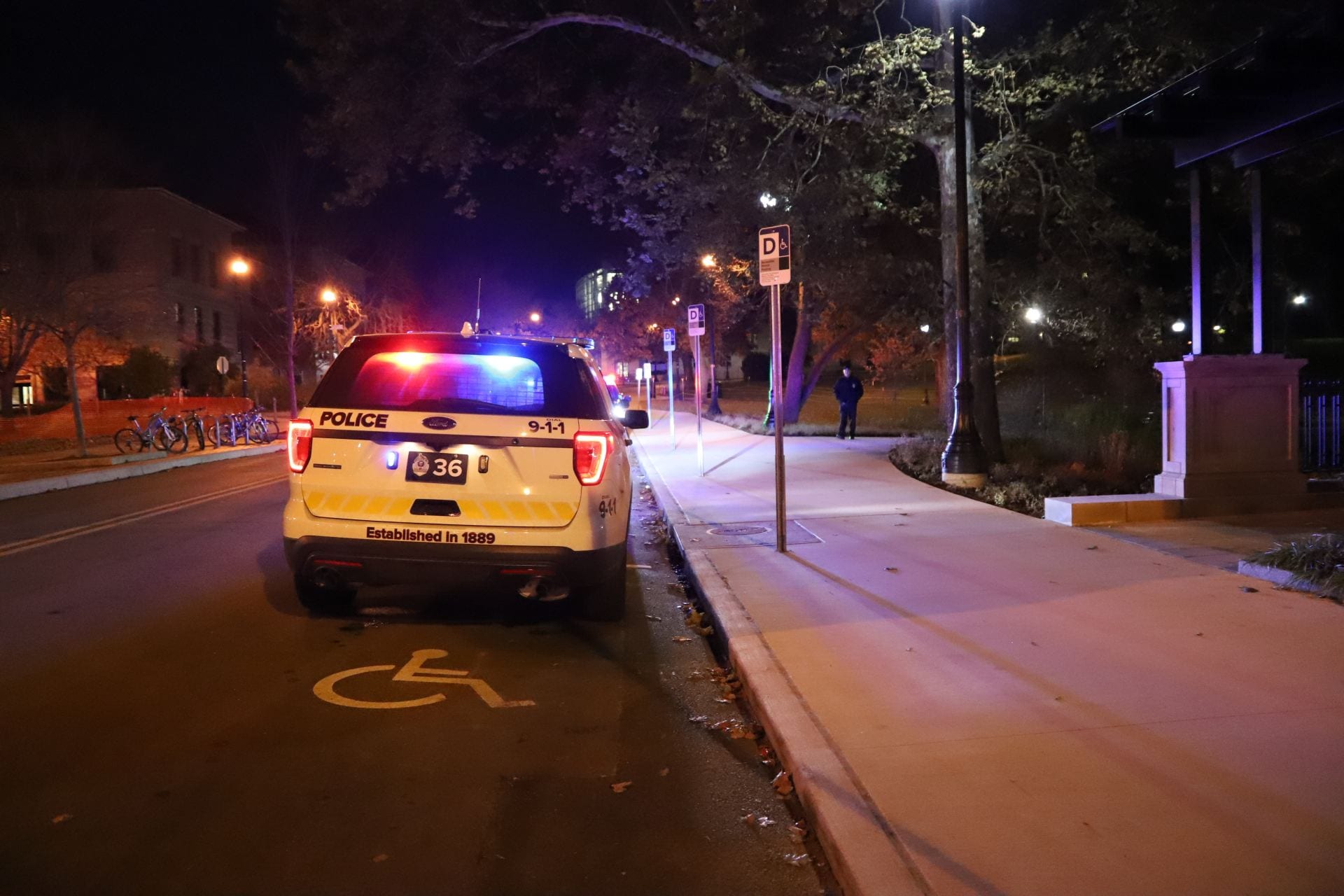As America edges toward major air strikes against Iraq, it is important to consider which of the following statements, on balance, appear more likely to be true than to be false:
- Such air strikes are extremely unlikely to destroy all, or even most, of Saddam’s chemical and biological weapons stockpiles.
- The bombing will strengthen, not weaken, Saddam’s hold on power as the infuriated Iraqi people rally ’round their leader.
- The bombings will give Saddam a plausible excuse to end all U.N. inspections, which he will do, so from that time onward we will have even less knowledge of Iraq’s weapons programs.
- Especially for biological weapons, which can be produced about as easily as fermenting beer, any stockpiles that are destroyed can be replaced virtually overnight.
- It is almost impossible to keep biological weapons from being produced, so the major barrier against their use is that any rational leader considers their use impermissible and beyond the pale; if our bombing drives Saddam over the edge, biological weapons will be much more likely to be used by Iraq than they are now.
- If Iraq reacts “irrationally” to our bombing and launches biological or chemical warheads against Israel, there is a five to 10 percent chance of this escalating into a general war in the region, and a one to two percent chance that nuclear weapons will be used.
- Extended U.S. bombing of Iraq will make Saddam and the Iraqi people appear as martyrs to large segments of opinion outside the United States.
- There is at least a serious issue whether the bombing would be a major U.S. violation of international law (which we went in there to uphold in the first place when Saddam invaded Kuwait) if it is not expressly supported by a new resolution of the U.N. Security Council.
- The bombing will be strongly opposed by Russia and China, and also by major democracies such as France, South Africa and India.
- The bombing will strengthen ultra-national forces in Russia, increasing significantly the chances that a leader hostile to the United States will come to power in Russia’s year 2000 presidential elections.
- The bombing will greatly increase grass-roots anti-U.S. sentiment in the Arab world, weakening the Saudi and Egyptian governments and the Palestinian moderates, and diminishing any remaining chances for a Mideast peace settlement during the foreseeable future.
- The bombing will inevitably lead to mistakes and civilian casualties, which will be flashed around the world on CNN.
- Paraphrasing what the political sage Walter Lippman once observed (whether fairly or not) about U.S. involvement in Vietnam: It will look like a giant beating a midget to death with a club. In an era when the United States is the only superpower, it will look even worse; U.S. moral influence on the whole range of global issues will be greatly impaired.
Roy L. Prosterman is a law professor at the University of Washington.


